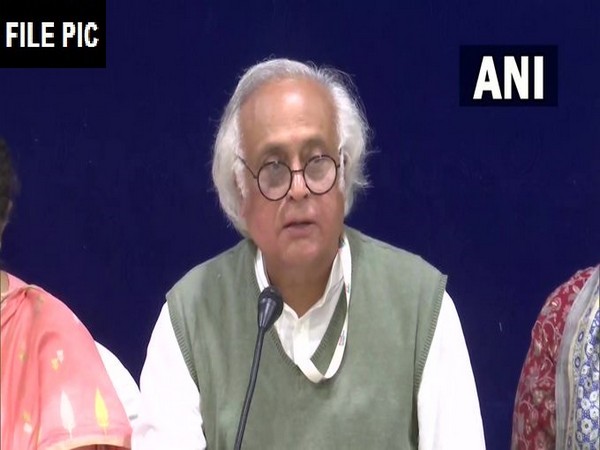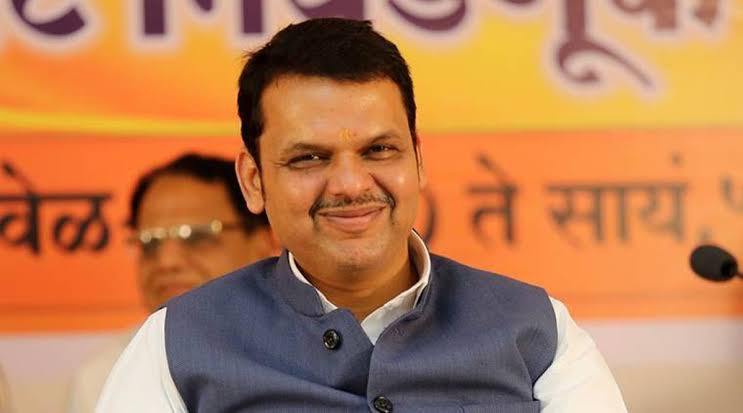Putin’s decision to put Nuclear forces on high alerts worries world
Nato and the US condemned Moscow’s decision, which the Biden administration described as a “totally unacceptable” escalation.

Moscow: The shocking decision of Russian President Vladimir Putin to put his nuclear forces on high alert on Sunday makes the West step up its efforts to punish Moscow for starting Europe’s biggest military offensive since 1945.
Please use the sharing tools found via the share button at the top or side of articles. Copying articles to share with others is a breach of FT.com T&Cs and Copyright Policy.
Nato and the US condemned Moscow’s decision, which the Biden administration described as a “totally unacceptable” escalation.
“It is clearly potentially putting at play forces that, if there’s a miscalculation, could make things much, much more dangerous,” said a senior US defence official.
The United States and European countries said they were upping their deliveries of weapons to Ukraine, Reuters reports.
Russian military invasion of Ukraine has entered the fifth day on Monday with fighting in the Kyiv city, Ukraine forces have retaliated to Russian forces. Heavy missile attacks on the second largest city of Ukraine, Kharkiv, the troops moving closer to the capital.
NATO Secretary-General Jens Stoltenberg told CNN that Putin’s invocation of Russia’s nuclear arsenal was “dangerous rhetoric and it's unacceptable”, he said.
He said NATO had made “aggressive statements” toward Russia and cited the stiff economic sanctions imposed on Russia.
The practical meaning of Putin’s order was not immediately clear.
Russia and the United States typically have land- and submarine-based nuclear forces on alert and prepared for combat at all times, but nuclear-capable bombers and other aircraft are not.
Ukraine civilians' strong defence for their motherland has worried Russian forces. Ukrainians have volunteered en masse to defend their country, taking guns distributed by authorities and preparing firebombs.
Meanwhile, Ukraine is also releasing prisoners with military experience who want to fight for the country, authorities said.
How the risk of nuclear war: Putin’s remarks were a stark reminder that nuclear weapons aren’t just the boogeymen of a bygone age, but remain a key part of the security order that emerged after the end of World War II.
Russia has about 6,000 nuclear weapons and the United States has about 5,500. Either nuclear arsenal is large enough to kill billions of people — but also to serve as a deterrent against attack, Vox.com reports.
In recent decades, the so-called nuclear order has remained fairly stable. The seven other countries known to have nuclear weapons have much smaller arsenals. Most countries in the world have signed the Treaty on the Non-Proliferation of Nuclear Weapons (NPT), which limits the development of nuclear weapons.

















